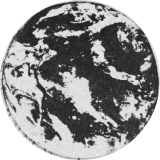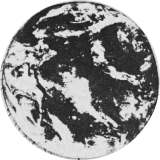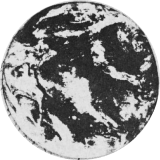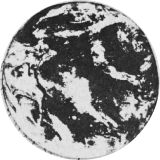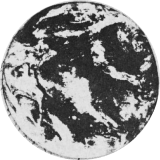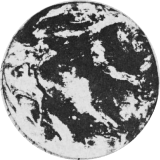There are many ways of doing things... besides your own.
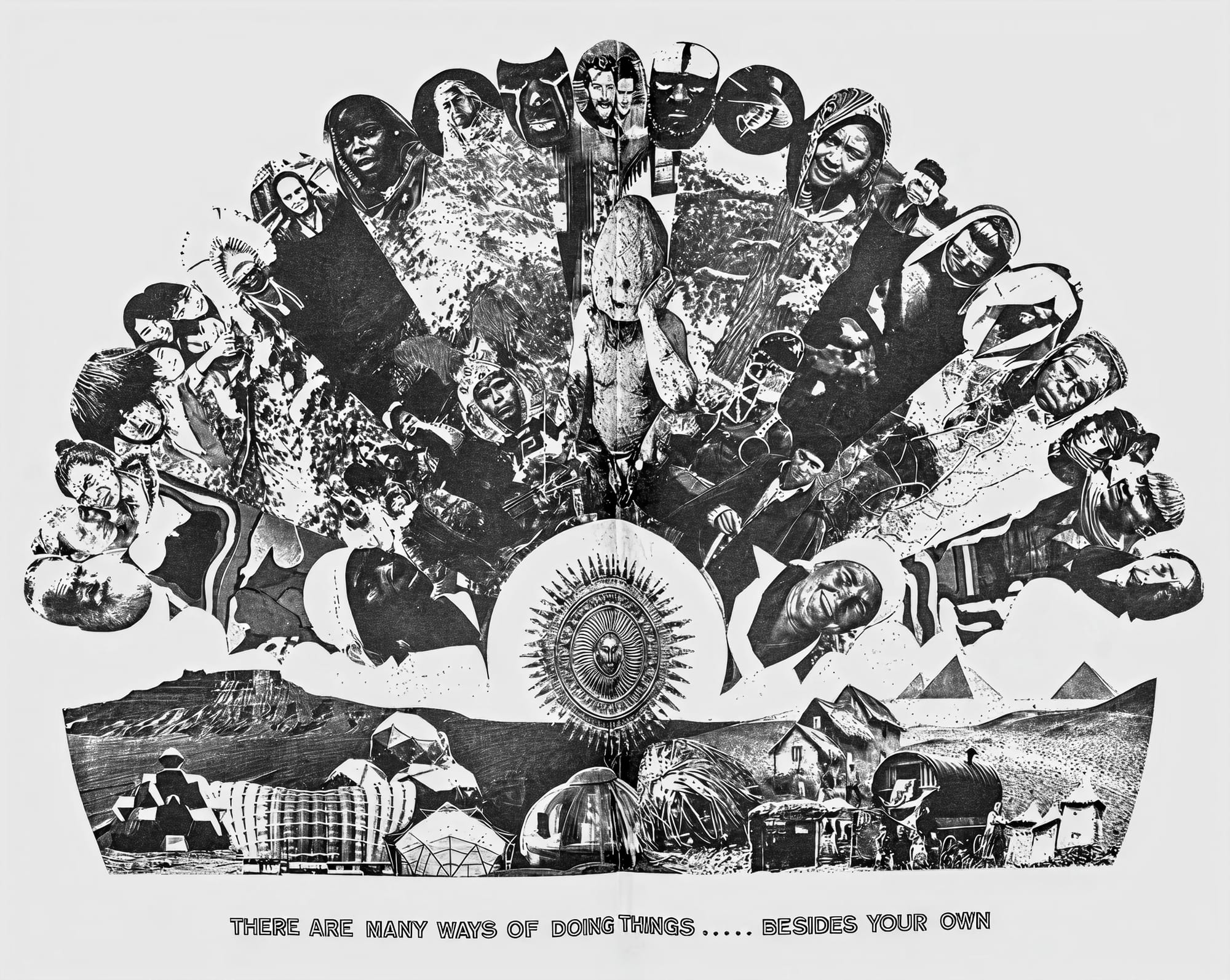
Nomad Earth Catalog emerged from a particular kind of boredom.
A quiet dulling. The slow ache of offering time, thought, and care to structures that do not reciprocate, to systems that do not nourish, to visions not one's own.
The sense that days were being spent in a kind of ambient detachment—where the stakes felt low, yet the cost felt high.
The opposite of boredom, as Lars Svendsen contends, is actually not entertainment, but rather meaning. That is, when people are bored, it is not because there is a lack of excitement or novelty, or that things are inherently boring, but rather that they are unable to find sufficient meaning.
It’s profundity is perhaps precisely because of its obviousness: that, if you have a certain level of privilege*, you can actually live otherwise.
There are many ways of doing things… besides your own.
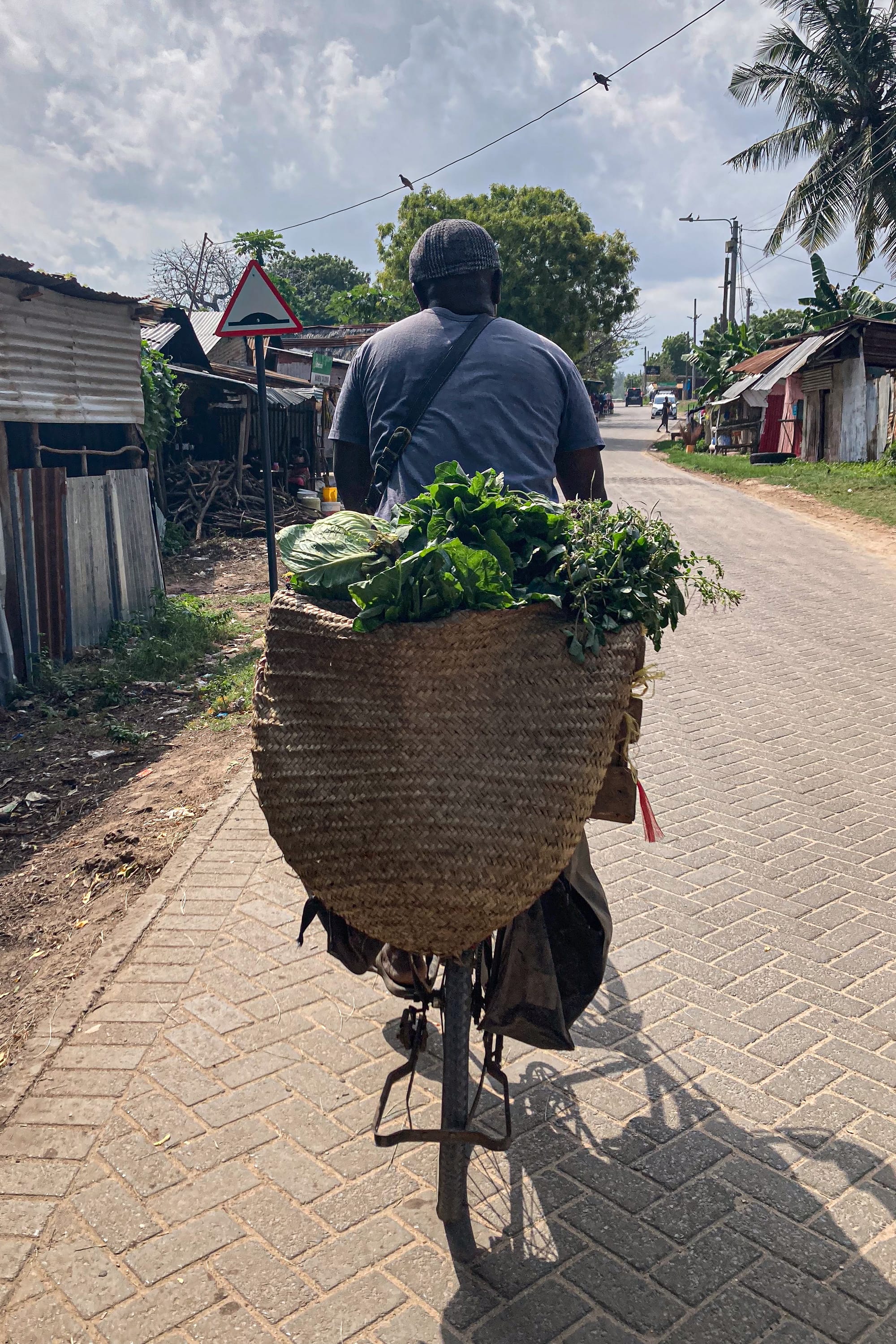

So, why do you live as you live?
"We should long ago have got into the habit of moving about, of moving about freely, without it being too much trouble. But we haven't done so, we've stayed where we were; things have stayed as they were. We haven't asked ourselves why it was there and not somewhere else, why it was like this and not otherwise. Then, obviously, it was too late, our habits were formed. We began to think we were well off where we were. After all, we were as well off there as over the road."
Georges Perec, Species of Spaces and Other Pieces
What’s in our name
NEC's name is a reference to Whole Earth Catalog, the American countercultural magazine that championed self-sufficiency, ecology, alternative education, DIY, and holism.
"So far, remotely done power and glory—as via government, big business, formal education, church—has succeeded to the point where gross defects obscure actual gains. In response to this dilemma and to these gains a realm of intimate, personal power is developing—power of the individual to conduct his own education, find his own inspiration, shape his own environment, and share his adventure with whoever is interested."
Fall 1968's Whole Earth Catalog
That vision still resonates. But where Whole Earth often emphasized the individual, we believe in the collective—aligned, emergent, interdependent—as an equally vital source of power. Not self-sufficiency alone, but shared sufficiency. Not just personal adventure, but collective becoming.
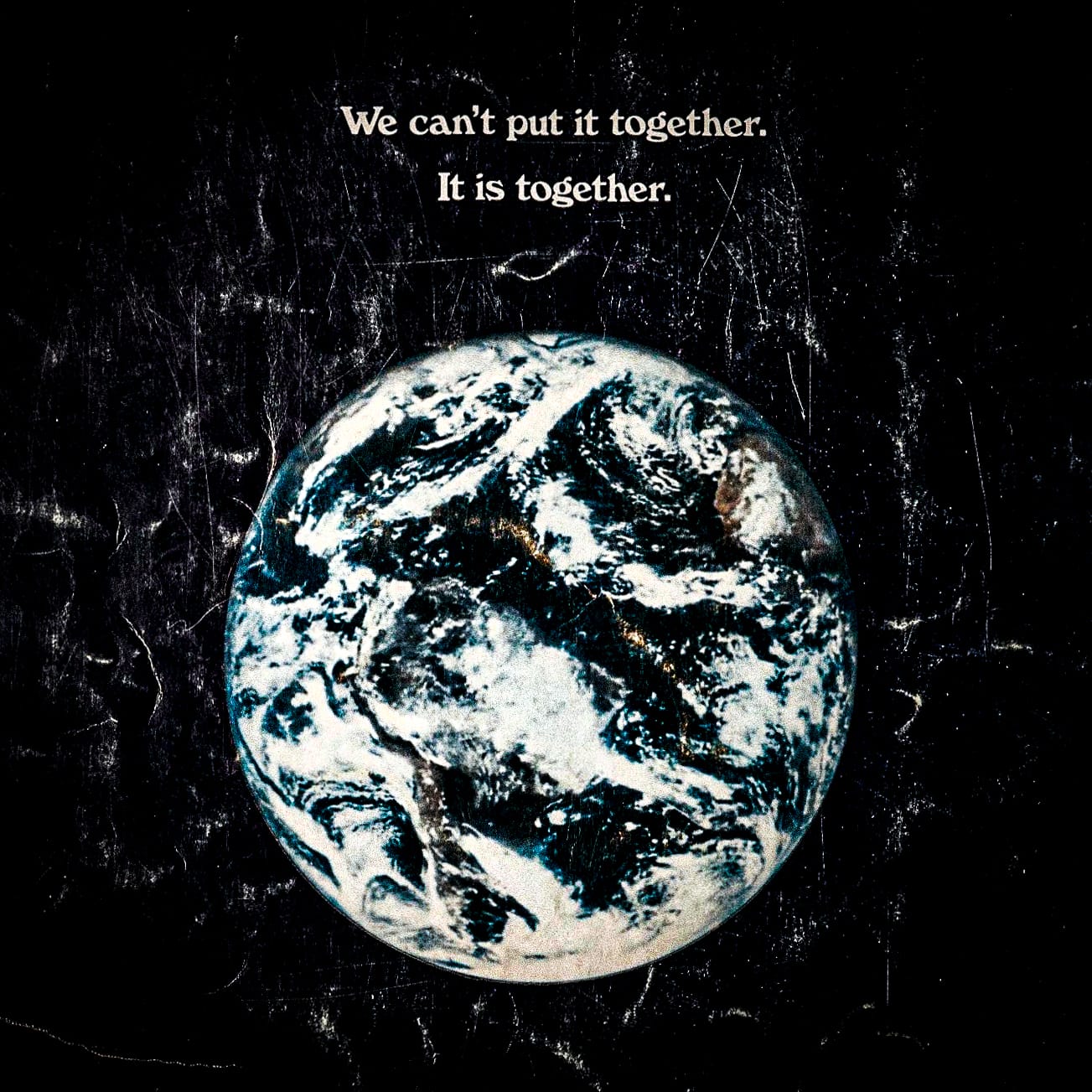
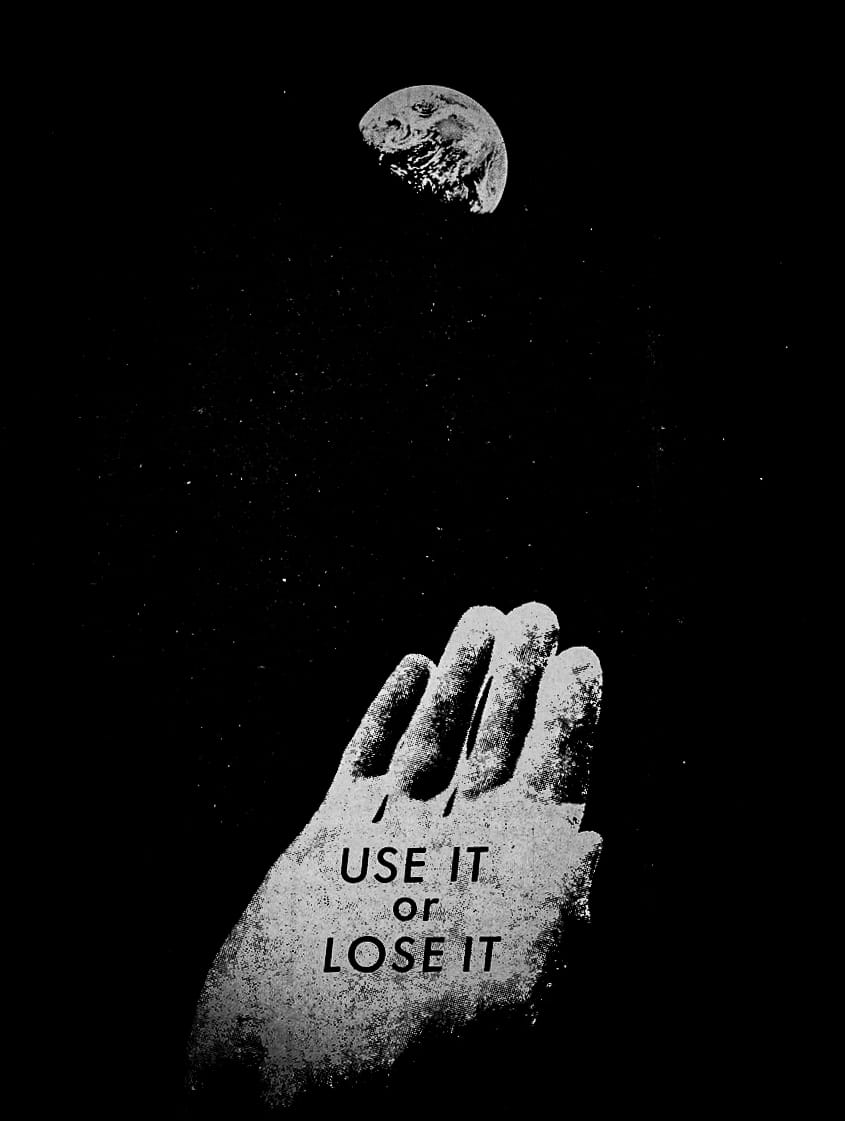

Tangled topographies
The Catalog is not meant to be consumed in a single sitting. It’s more like a field site—something to explore slowly, return to often, and use as needed.
Each section of the site holds a different rhythm.
Below, you’ll find a guide to what lives where, a gentle map of the terrain, so you can find what you need, or stumble into something you didn’t know you were looking for.
Places
The places we write of are those that we have lived in for at least a month, and sometimes more.
Here you'll find our field notes.
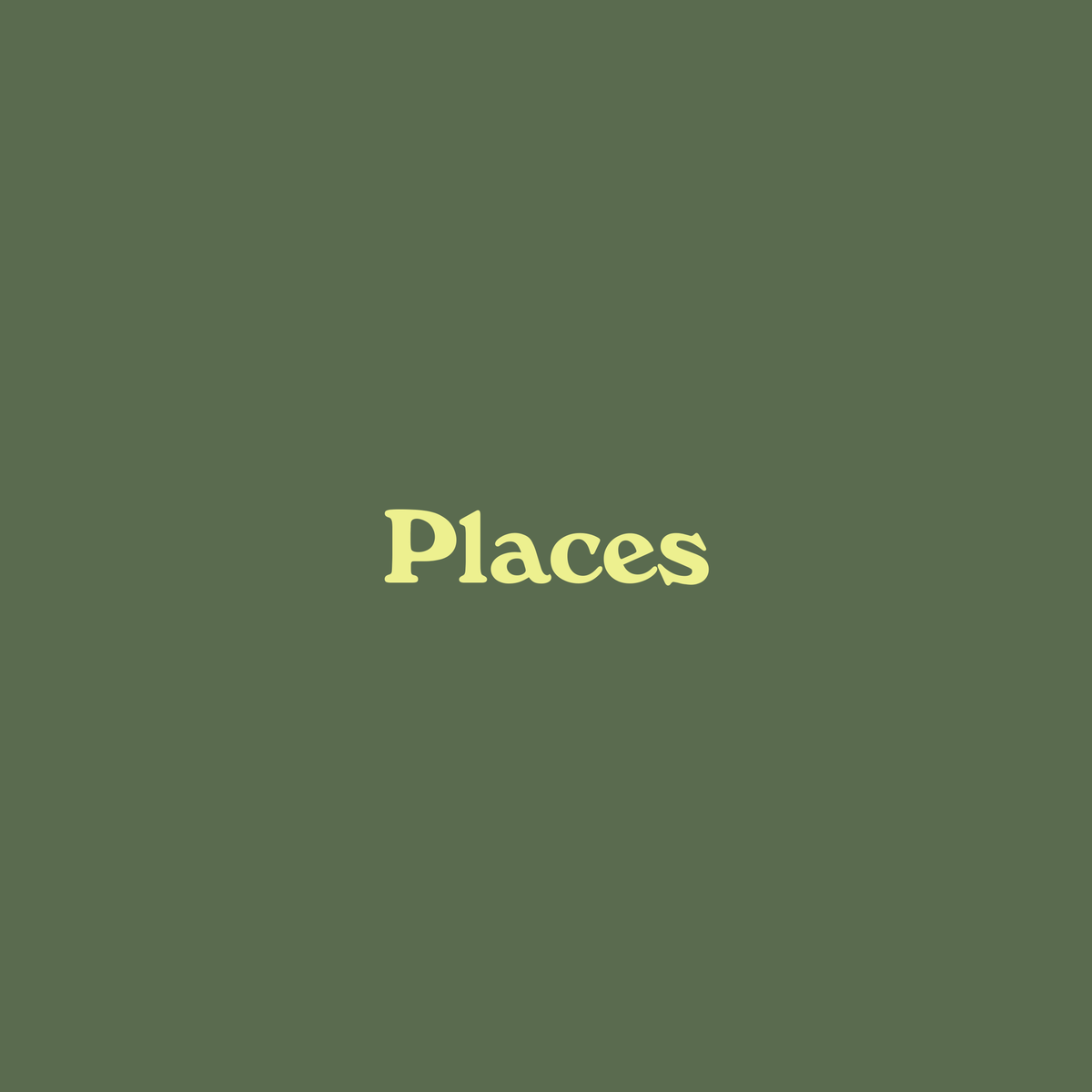
Nomadics
Nomadics is where the Catalog thinks aloud.
Essays here wrestle with the scaffolding of modern life: how we move, what we carry, and what it means to live well.
We aim to encourage people to reflect, critically and experimentally, on their way of life.
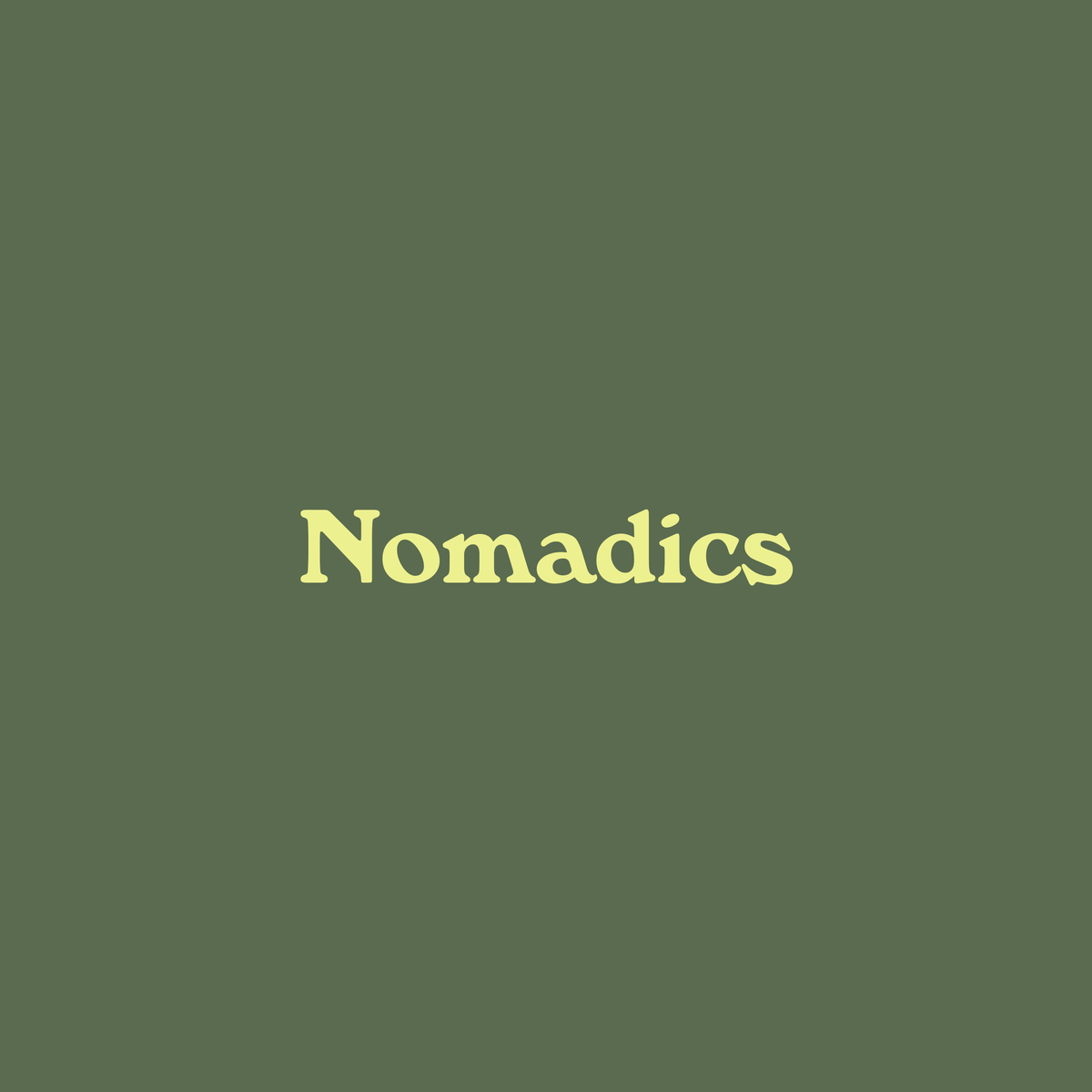
Tools
The tools we catalog are quiet companions, objects and technologies that support an intentional, ethical, and slower rhythm of movement.
We only share what we use, what endures, and what aligns with our values.
We’re always transparent about affiliate relationships.
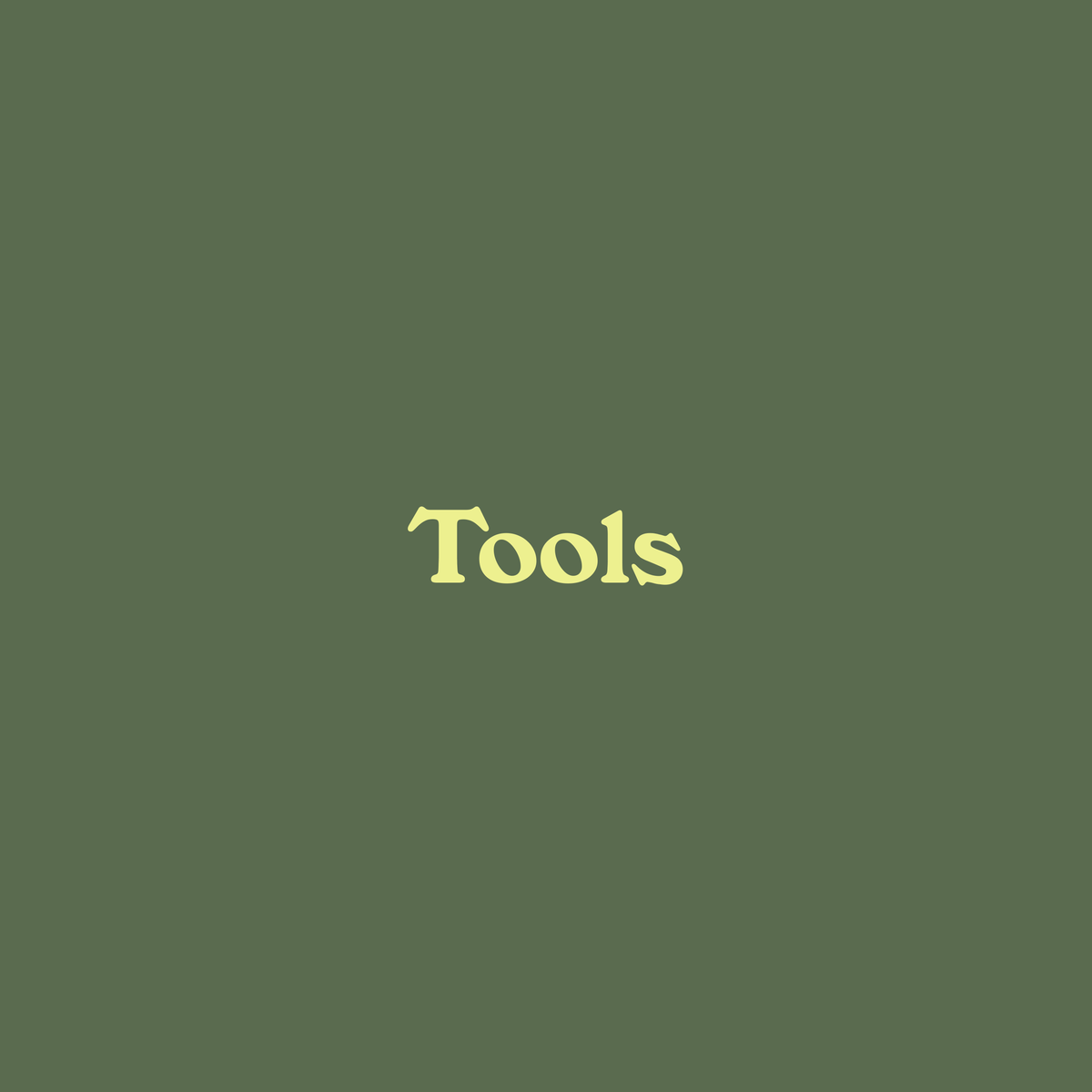
Compendium
Our Compendium of Curiosities is where you'll find a carefully curated constellation of works.
This is our living library, a reverent offering of what shapes our inner topography.
Think of it as shared marginalia. A quiet collection of kindred signals.
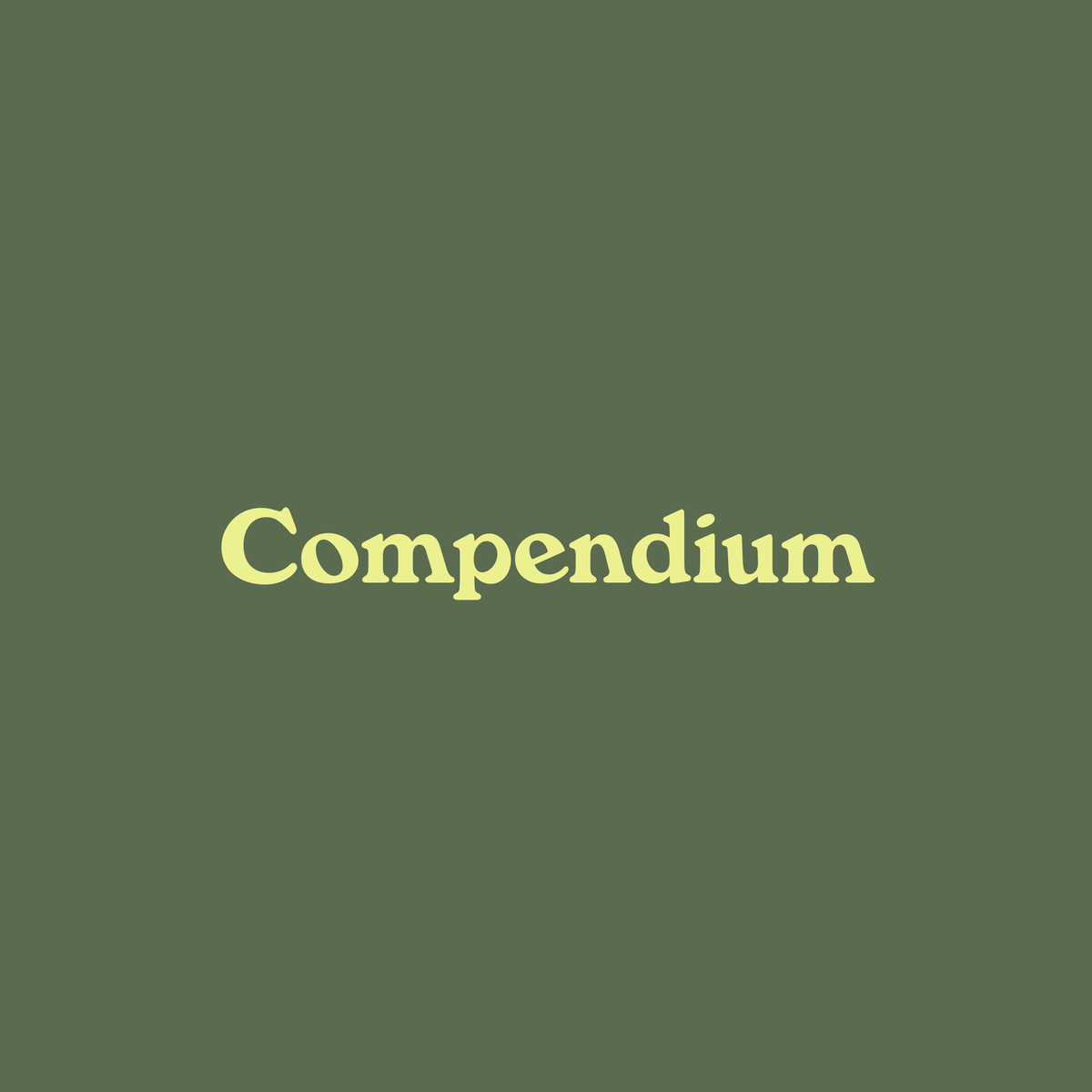
Store
Our Store is meant to be an extension of our ethos.
Each item is crafted with slowness and intention.
Here, you'll find some tangible threads in a larger tapestry of living otherwise.
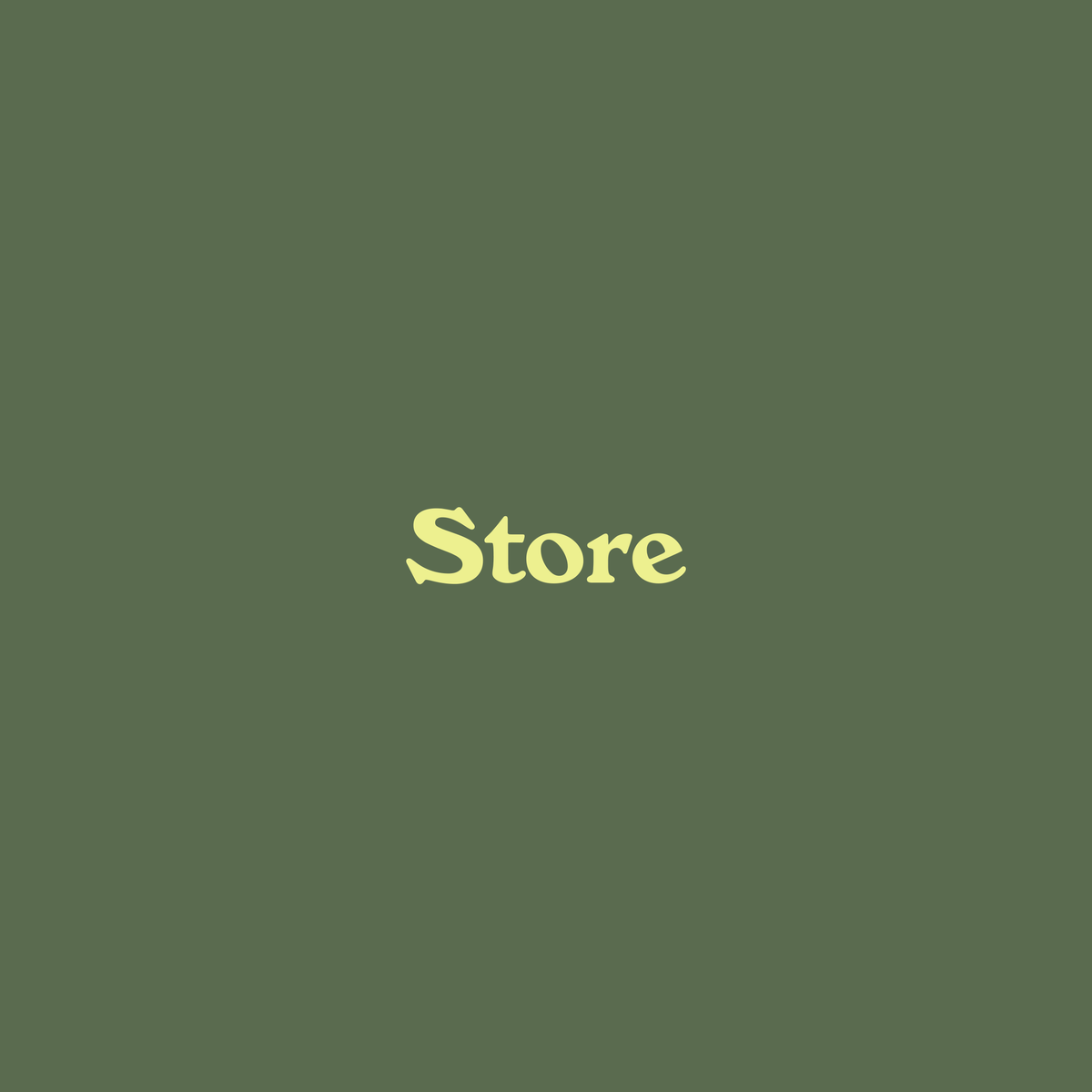
Slow Signals
Slow Signals is the name of our email transmissions. We hesitate to call them "newsletters" because there is no "news" and this is not about staying "on top" of anything.
Our slow signals arrive like postcards from a parallel orbit—quiet, considered, and never rushed.
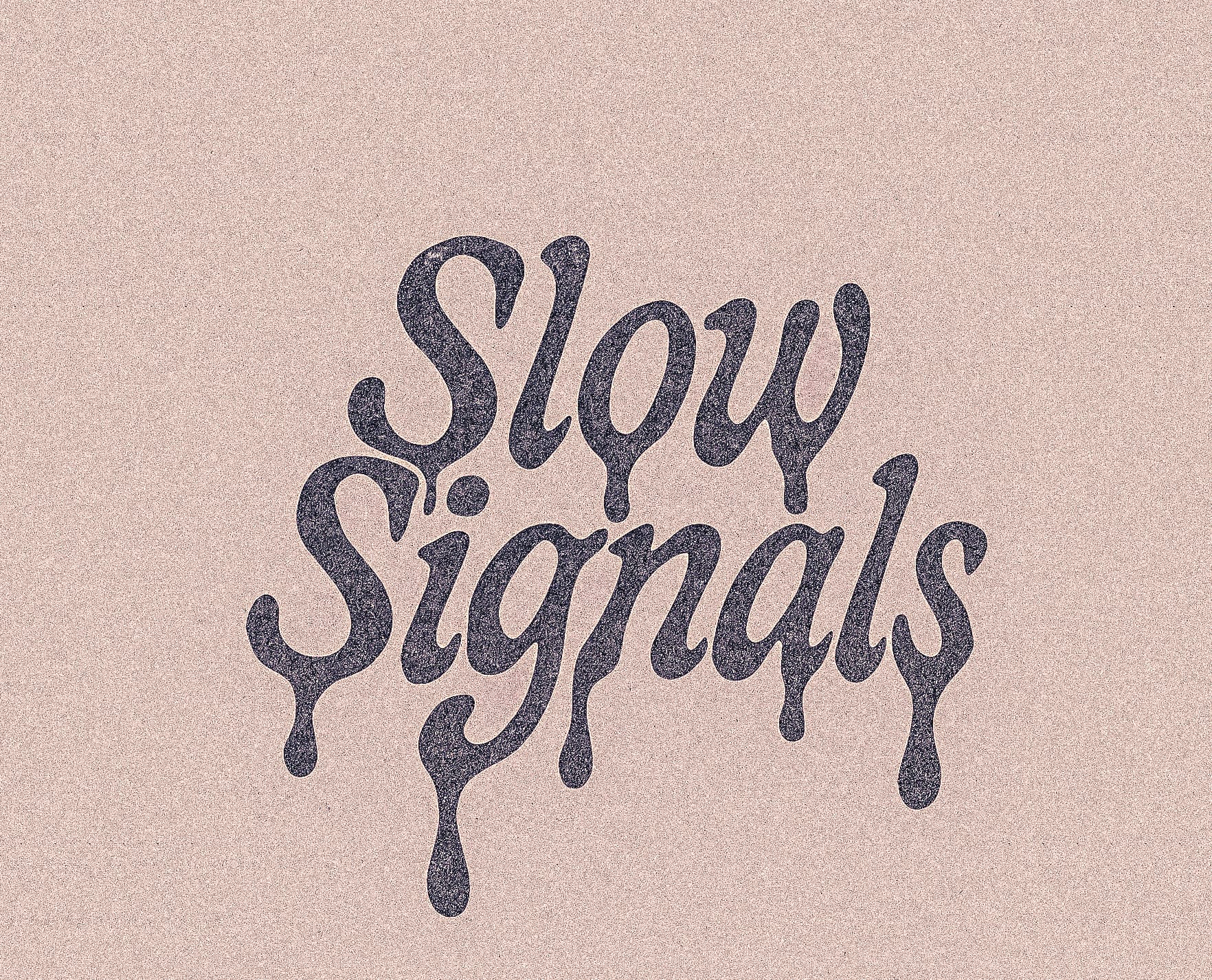
This is where you'll find musings from the margins.
We don't format for dopamine hits. We don’t promise “5 ways to live better” or pretend that your transformation is at the other end of buying our products.
Urgency makes us cringe and tighten too. Rest assured that you won't find any clickbait titles here.
We only send signals when there’s something worth saying. That might mean once a month. Or once a season.
You’ll know when you receive one that it was sent with care.
We respect your attention as sacred, and we implore you to change your preferences anytime or step away entirely if that is what feels right for you.
*The ability to travel and work independently comes from privilege—typically having one or more powerful passports, financial security, and sheer luck with respect to systemic deterrents (e.g. race, war, disability, nationality, and various others) that make travel difficult or impossible. For many, mobility isn’t a choice but a struggle for survival, whether as refugees, asylum seekers, or others forced into movement by necessity rather than desire. For many, there are not “many” ways of doing things. Large populations of people live with only one single way of meeting their material needs.
Nomad Earth Catalog is written for those with an already substantial degree of agency. While the message "there are many ways of doing things" is a powerful one for this audience, it's inappropriate for a broader audience. Nomad Earth Catalog’s ambition is to explore ways in which it can meaningfully bring to light or positively intervene in the mobility struggles of others, with the hope of playing its part (albeit small) in a constellation of necessary regime and niche-level shifts that result in the advancement of mobility justice for all.
